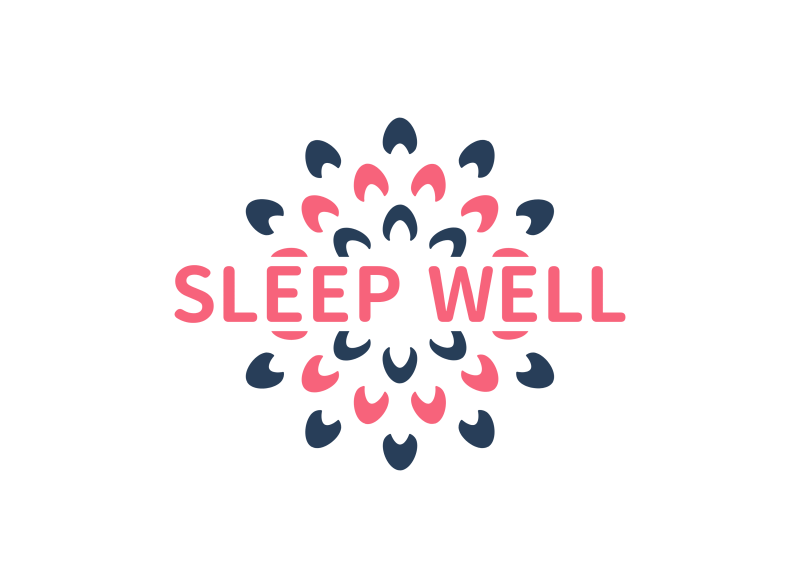How to Create a Sleep Routine for Better Sleep: A Step-by-Step Guide
1. Establish a Bedtime: The first step to creating a sleep routine is to establish a consistent bedtime. This should be the same time each night, and should be early enough to allow for 7-9 hours of sleep.
2. Set an Alarm: Set an alarm for the same time each morning. This will help to ensure that you wake up at the same time each day, and will help to keep your sleep routine consistent.
3. Avoid Stimulants: Avoid stimulants such as caffeine, nicotine, and alcohol in the evening. These can interfere with your sleep and make it more difficult to fall asleep.
4. Exercise: Exercise can help to improve your sleep quality. Try to get at least 30 minutes of exercise each day, but avoid exercising too close to bedtime.
5. Avoid Electronics: Avoid using electronics such as phones, tablets, and computers in the hour before bed. The blue light from these devices can interfere with your sleep.
6. Create a Relaxing Environment: Create a relaxing environment in your bedroom. Make sure the room is dark, quiet, and comfortable.
7. Wind Down: Spend the hour before bed winding down. Try reading a book, taking a warm bath, or listening to calming music.
8. Stick to the Routine: Once you have established your sleep routine, it is important to stick to it. Try to go to bed and wake up at the same time each day, even on weekends. This will help to ensure that you get the best quality sleep.
The Benefits of Sleep Hygiene: How to Improve Your Sleep Quality
Sleep hygiene is an important part of overall health and wellbeing. Poor sleep hygiene can lead to a variety of health issues, including fatigue, poor concentration, and even depression. Fortunately, there are a number of steps you can take to improve your sleep hygiene and get a better night’s rest.
The first step in improving your sleep hygiene is to establish a regular sleep schedule. Going to bed and waking up at the same time each day helps to regulate your body’s internal clock and can make it easier to fall asleep and stay asleep. Additionally, try to limit the amount of time you spend in bed. If you’re not sleeping, it’s best to get up and do something else until you feel tired.
It’s also important to create a comfortable sleep environment. Make sure your bedroom is dark, quiet, and at a comfortable temperature. If possible, remove any electronics from the bedroom, as the light and sound can be disruptive. Additionally, avoid caffeine, alcohol, and nicotine in the hours before bedtime, as these substances can interfere with sleep.
Finally, it’s important to practice relaxation techniques before bed. Taking a warm bath, reading a book, or listening to calming music can help to relax your body and mind and make it easier to fall asleep.
By following these simple steps, you can improve your sleep hygiene and get a better night’s rest. Good sleep hygiene is essential for overall health and wellbeing, so make sure to prioritize it in your daily routine.
Natural Sleep Aids: Herbal Remedies for a Restful Night’s Sleep
Getting a good night’s sleep is essential for overall health and wellbeing. Unfortunately, many people struggle to get the restful sleep they need. Fortunately, there are natural sleep aids available that can help. Herbal remedies are a popular choice for those looking for a safe and natural way to get a restful night’s sleep.
Valerian root is one of the most popular herbal sleep aids. It has been used for centuries to treat insomnia and other sleep disorders. Valerian root works by increasing the amount of gamma-aminobutyric acid (GABA) in the brain, which helps to reduce anxiety and promote relaxation. It is available in capsule, tea, and tincture form.
Chamomile is another popular herbal remedy for insomnia. It has been used for centuries to treat a variety of ailments, including insomnia. Chamomile works by calming the nervous system and promoting relaxation. It is available in tea, capsule, and tincture form.
Lavender is another popular herbal remedy for insomnia. It has been used for centuries to treat a variety of ailments, including insomnia. Lavender works by calming the nervous system and promoting relaxation. It is available in essential oil, tea, and tincture form.
Passionflower is another popular herbal remedy for insomnia. It has been used for centuries to treat a variety of ailments, including insomnia. Passionflower works by calming the nervous system and promoting relaxation. It is available in tea, capsule, and tincture form.
These are just a few of the many herbal remedies available for those looking for a safe and natural way to get a restful night’s sleep. Before taking any herbal remedy, it is important to speak with a healthcare professional to ensure it is safe and appropriate for you. With the right herbal remedy, you can get the restful sleep you need to feel your best.




